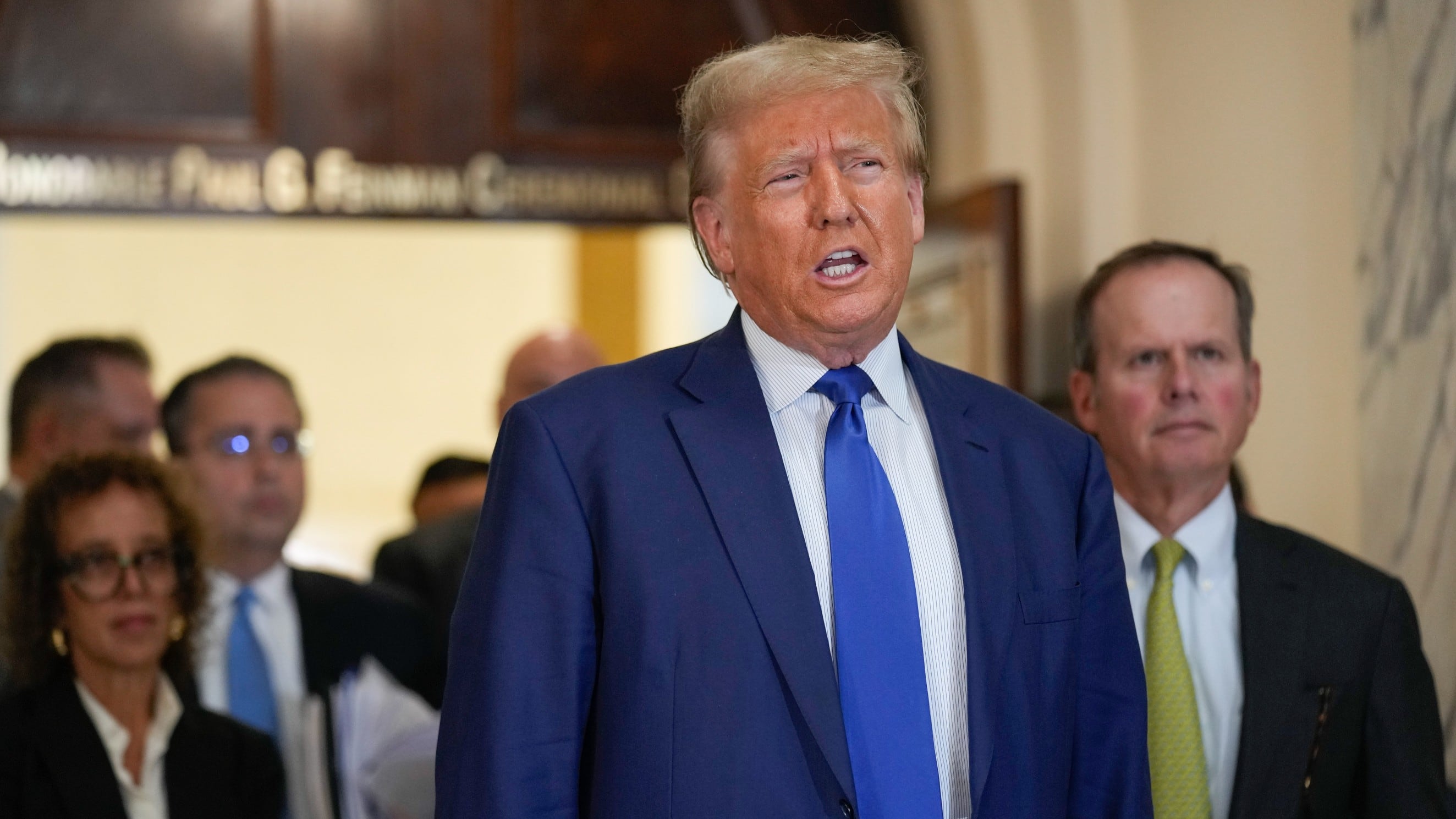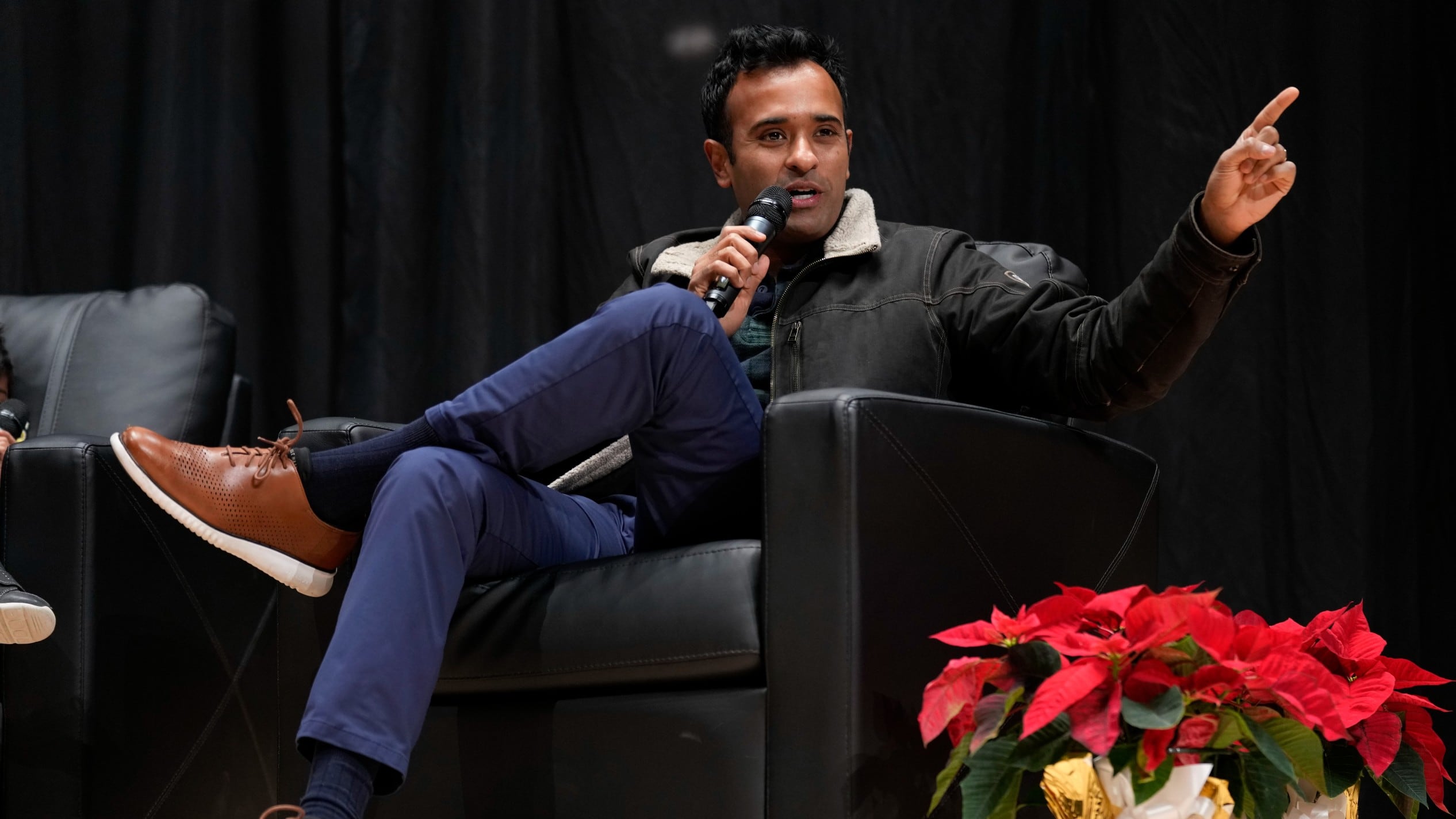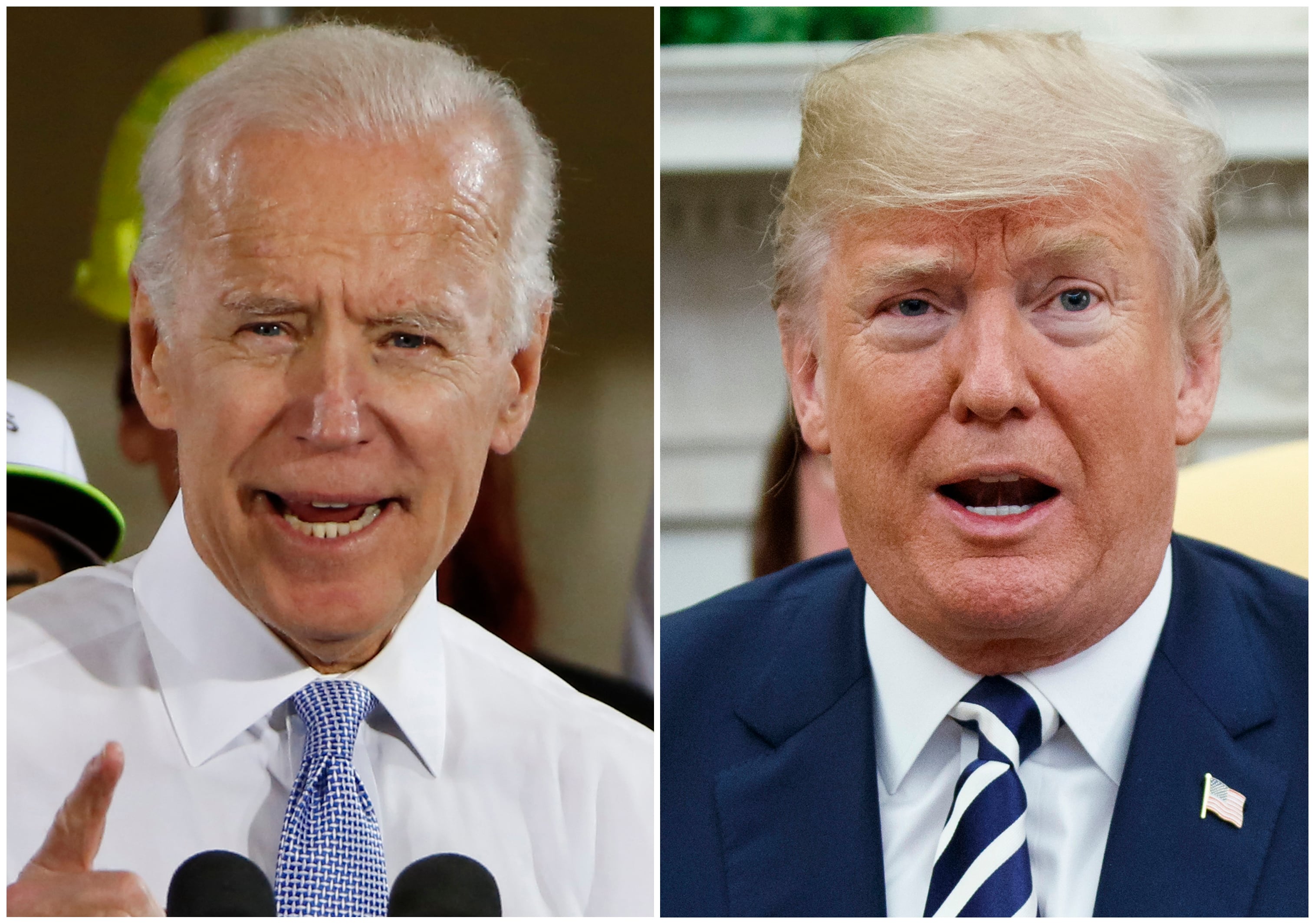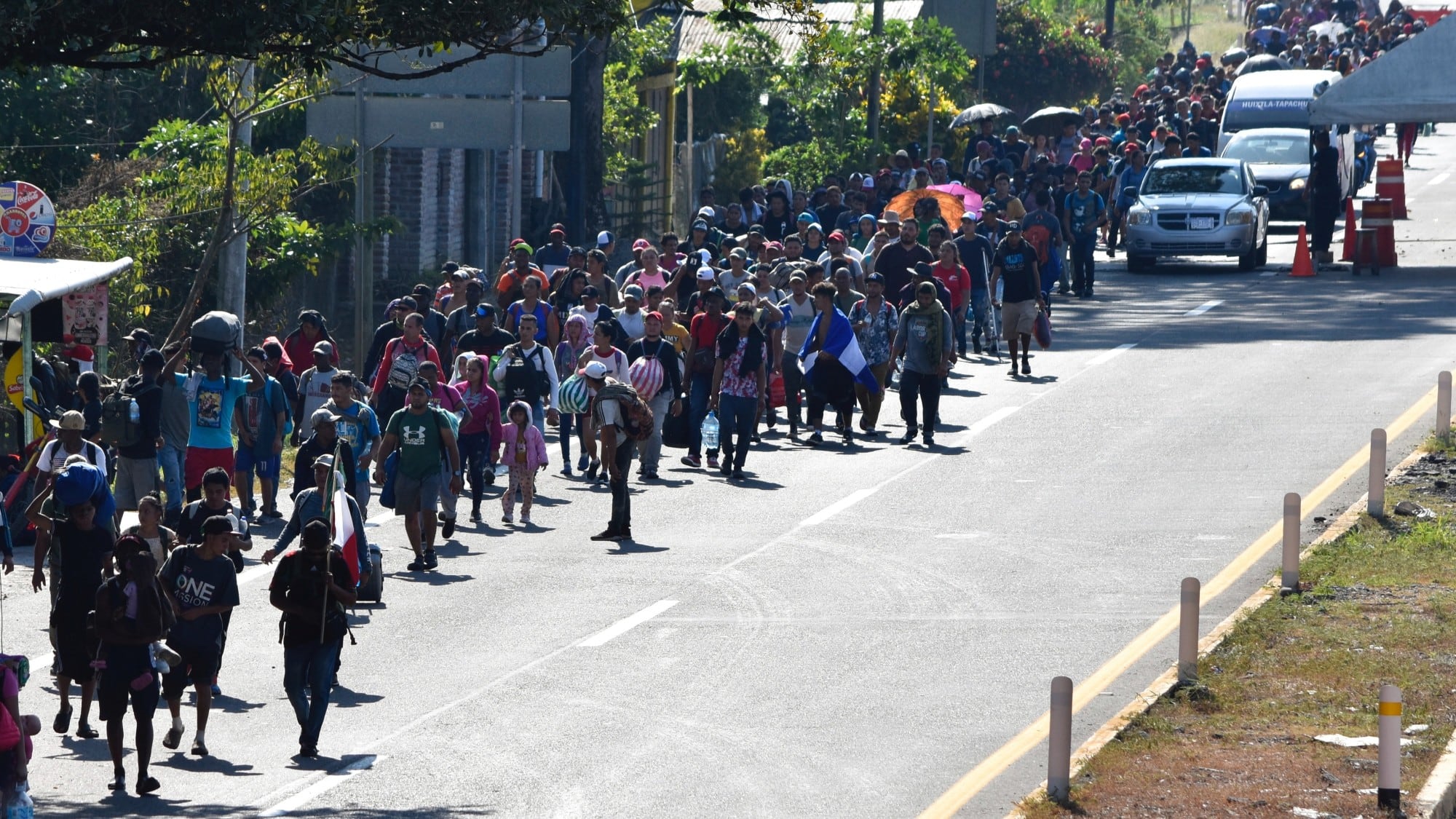*By Chloe Aiello* The Democrats may not have gotten quite the blue wave they were hoping for ー but for women in politics, Election Day was an indisputable success. "I think the night was better than you thought it would be going in. I'm seeing something like a pink tsunami, compared to that Democratic blue wave," Bustle senior political correspondent Erin Delmore told Cheddar on Wednesday. Female candidates won congressional seats and governorships in record numbers Tuesday night. At least 95 women won seats in the House Wednesday morning, breaking a previous record of 84 women, [NBC news reported.](https://www.nbcnews.com/politics/elections/how-did-women-candidates-do-2018-midterms-n932801) Nine women will call various governors' mansions across the U.S. home. These wins were mostly fueled by the Democratic Party, which put a record numbers of women on the ballot. "When you talk about Democrats clinching control of the House, you have the women candidates to thank," Delmore said. Delmore said that many of these candidates adopted a new approach when campaigning for their various positions. Instead of downplaying their various backgrounds and ties to family ー they leaned in. "This is something new we saw from women candidates: they are not trying to focus on their resumes and tout their accomplishments and push their families aside," she said. "People really leaned into their backgrounds, their biographies, their family lives, their struggles ー and it really resonated with voters." And several of the female candidates broke records of their own. Ilhan Omar of Minnesota and Rashida Tlaib of Michigan became the first Muslim women elected to Congress. Sharice Davids defeated a Republican incumbent in Kansas to become the first openly LGBTQ woman to represent Kansas. Also a Native American, Davids will join Debra Haaland of New Mexico in becoming the first Native American women in Congress. New York's Alexandria Ocasio-Cortez became [the youngest woman ever elected to Congress](https://cheddar.com/videos/lgbt-muslim-and-women-candidates-make-history-in-the-2018-midterms) at 29-years-old. For this wave of women leaders, the next few years are going to be about much more than stereotypical women's issues. "Don't expect women to sit back and talk about birth control and reproductive rights as women's issues. Women's issues are the economy, their education, their gun control. They are everything that hits your pocket book, hits your kids and hits you in your everyday life," Delmore said.











